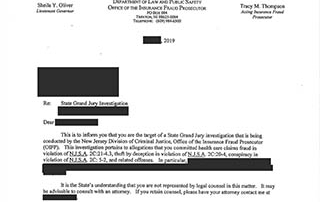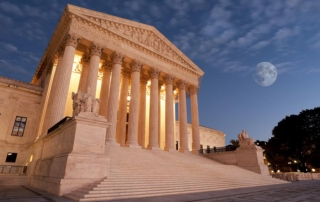Coronavirus: What it Means for the Courts and Legal Representation
Many federal, state, and municipal courts have limited the number and types of cases they will be handling in the near term. Some have adjourned jury trials for several weeks and in some cases even months to see what happens after a period of isolation. Courts have summarily waived Speedy Trial Act rights and ordered continuances for a period of time. State courts in particular are promoting the use of video and teleconferencing in lieu of appearing in court. Municipal courts have adjourned court appearances for motor vehicle summonses and code violations. Detention has been waived in certain cases depending on the type of crime, the age of the offender, and other relevant factors.









